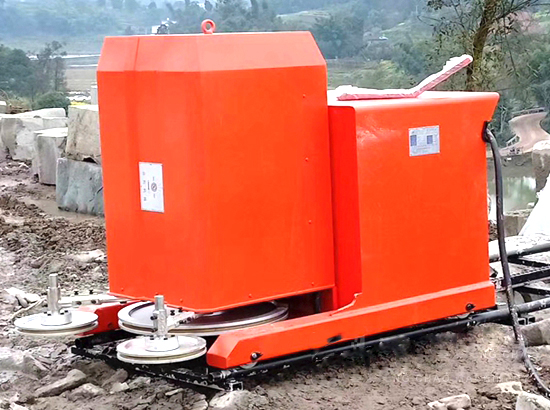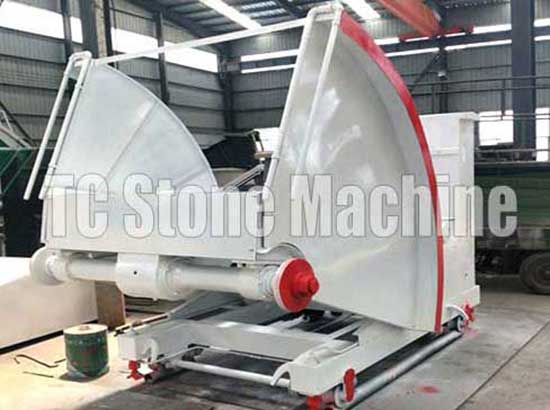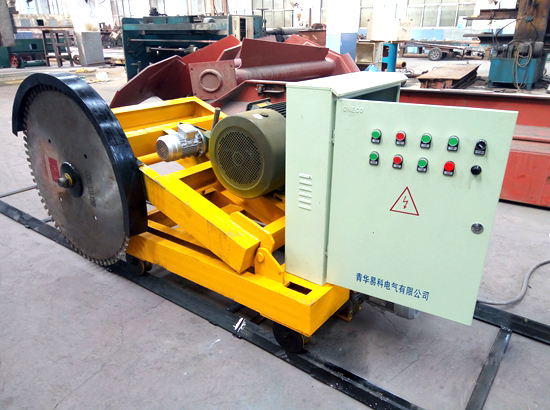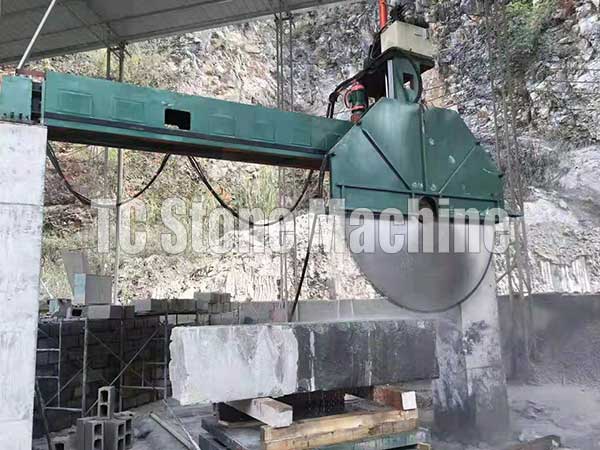Rail Saw For Tile
Rail Saw For Tile: The Perfect Tool for Tiling Projects
If you're looking to tackle a tiling project, investing in a reliable rail saw can make all the difference. A rail saw for tile is a specialized cutting tool that can easily cut through ceramic, porcelain, and natural stone tiles with precision and accuracy. In this article, we'll be exploring the benefits of using a rail saw for tile and how it can improve your tiling projects.What is a Rail Saw For Tile?
A rail saw is a powerful cutting tool that is designed specifically for cutting tiles. It uses a diamond blade that cuts through tiles with precision and accuracy. Rail saws are usually made up of a motor, a blade, and a metal guide rail that keeps the blade aligned while cutting. The guide rail allows for straight and accurate cuts, making it an essential tool for any tiling project.Benefits of a Rail Saw for Tile
Using a rail saw for tile has numerous benefits, including:Efficiency and Precision
Rail saws are highly efficient tools that allow for precise cuts every time. The metal guide rail keeps the blade aligned, which means that you can make straight cuts without any wobbling or deviation. This leads to a professional-looking finish that is sure to impress.Speed
When compared to traditional tile-cutting methods, rail saws are much faster. The diamond blade cuts through tiles in seconds, reducing the overall time it takes to complete a project. This means that you can complete more projects in less time, making it an excellent tool for professionals and DIY enthusiasts alike.Versatility
Rail saws can cut through various tile materials, including ceramic, porcelain, and natural stone. This versatility makes them a popular choice among professionals who work with different tile types. Additionally, rail saws are capable of making plunge cuts, meaning you can cut tiles in the middle without cutting from the edge.Safety
Using a rail saw for tile cutting is generally safe as long as you take the necessary precautions. These may include wearing the appropriate safety gear, keeping the blade clean, and following the manufacturer's instructions thoroughly.How to Use a Rail Saw for Tile
Using a rail saw for tile is relatively straightforward, but there are a few things to keep in mind:Prepare the Tile
Before you begin cutting, make sure that the tile is firmly secured to the work surface. This will prevent it from moving or vibrating during cutting, which can affect the quality of the cut.Set Up the Rail
 Set up the guide rail according to the manufacturer's instructions, making sure that it is securely fastened to the tile. The guide rail should be parallel to the cutting line you wish to make.
Set up the guide rail according to the manufacturer's instructions, making sure that it is securely fastened to the tile. The guide rail should be parallel to the cutting line you wish to make.

Turn on the Saw
Turn on the saw and wait for the blade to reach its full speed. Gently lower the blade onto the tile and begin cutting using a steady, even pressure.
Finish the Cut
Once you've cut through the tile, gently lift the blade, turn off the machine, and remove the tile. Repeat as necessary, adjusting the guide rail position for each cut.Maintenance and Care
Maintaining your rail saw is essential to ensure that it continues to function correctly for years to come. Follow these maintenance tips to keep your rail saw in excellent condition:Clean the Blade
After each use, clean the blade with a damp cloth to remove any debris or dust that may have accumulated during cutting. This will prevent the blade from becoming clogged and improve its performance.Check the Guide Rail

 Regularly check the guide rail for any signs of wear or damage. Replace any worn or damaged components as soon as possible to avoid compromising the safety and accuracy of your cuts.
Regularly check the guide rail for any signs of wear or damage. Replace any worn or damaged components as soon as possible to avoid compromising the safety and accuracy of your cuts.
Store the Saw Safely
Store your rail saw in a dry and clean environment, away from any sources of moisture or high humidity. This will prevent rusting and ensure that the saw remains in good working condition.In Conclusion
A rail saw for tile is an essential tool for anyone looking to tackle tiling projects with precision and accuracy. By investing in a rail saw, you can reduce the time it takes to complete projects while achieving a professional-looking finish. Remember to follow safety guidelines and maintenance tips to ensure that your rail saw continues to function correctly for years to come.Request for Quotation
[contact-form-7 id="59" title="Contact form 1"]




